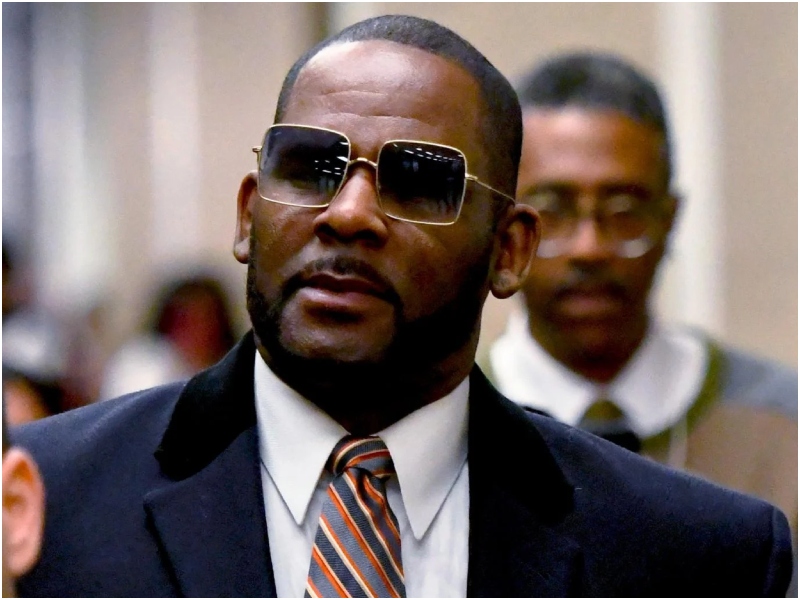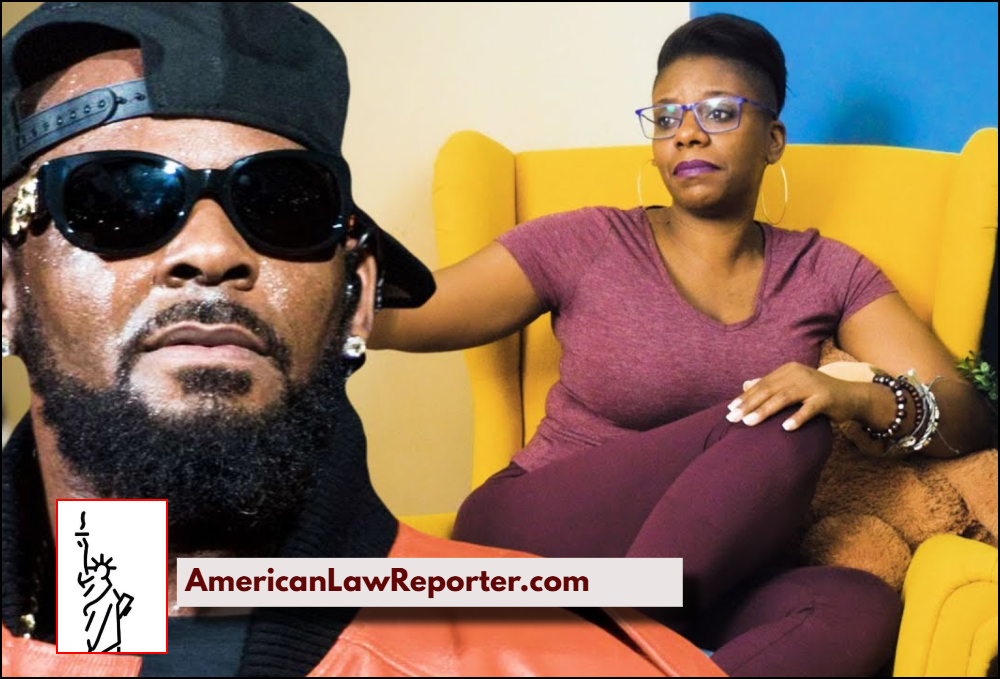A federal judge has dismissed a lawsuit filed by incarcerated R\&B singer R. Kelly against controversial blogger and social media personality Tasha K, marking another legal defeat for the embattled musician as he continues serving a 31-year prison sentence for sex crimes.
Kelly—whose legal name is Robert Sylvester Kelly—alleged that Tasha K improperly obtained and leaked confidential jail records while he was in federal custody. The suit also suggested that government employees may have played a role in improperly disclosing protected information to the blogger. However, the court found that Kelly’s legal team failed to provide sufficient evidence to support the claim.
⚖️ Judge Finds Lack of Evidence in Confidentiality Breach Claim

In the complaint, Kelly’s attorneys argued that Tasha K unlawfully gained access to protected Bureau of Prisons (BOP) records, potentially through leaks from federal employees, and then shared those details with the public via her online platform.
But the judge ruled that the allegations were too speculative and lacked the factual basis necessary to proceed. Without concrete evidence linking Tasha K to any unauthorized access or government misconduct, the court dismissed the lawsuit—effectively ending this chapter in Kelly’s extensive legal saga.
The court’s decision echoes prior rulings in which Kelly’s team had attempted to hold outside parties accountable for what they claimed were infringements of privacy and due process during his incarceration. This most recent dismissal doubles down on the earlier conclusion that no prosecutable misconduct by Tasha K could be established.
🧑⚖️ Legal Context: Privacy in Prison and First Amendment Boundaries

This case highlights the complex legal boundaries between the right to privacy for inmates and the First Amendment protections afforded to journalists and media figures—even controversial ones.
Legal experts say the dismissal reinforces the principle that, while unauthorized leaks of government records can be illegal, reporting on leaked information—absent proof of direct misconduct—does not necessarily constitute a crime.
Without solid proof that Tasha K either conspired with officials or otherwise broke the law in acquiring the information, her actions remain protected under free speech principles.
🧩 Ongoing Legal Troubles for Both Figures
Kelly is currently serving a 31-year federal sentence for child sex abuse and racketeering-related convictions stemming from trials in both New York and Chicago. His efforts to appeal his conviction and obtain a new trial have so far failed in federal court.
Tasha K, known for sensational and often controversial celebrity coverage, is no stranger to legal entanglements herself. She previously faced a high-profile defamation judgment after rapper Cardi B successfully sued her, resulting in a multi-million dollar verdict.
Still, the judge’s dismissal in the R. Kelly case appears to be a clear legal win for Tasha K, as no further action is expected unless Kelly’s legal team appeals or pursues other litigation routes.

